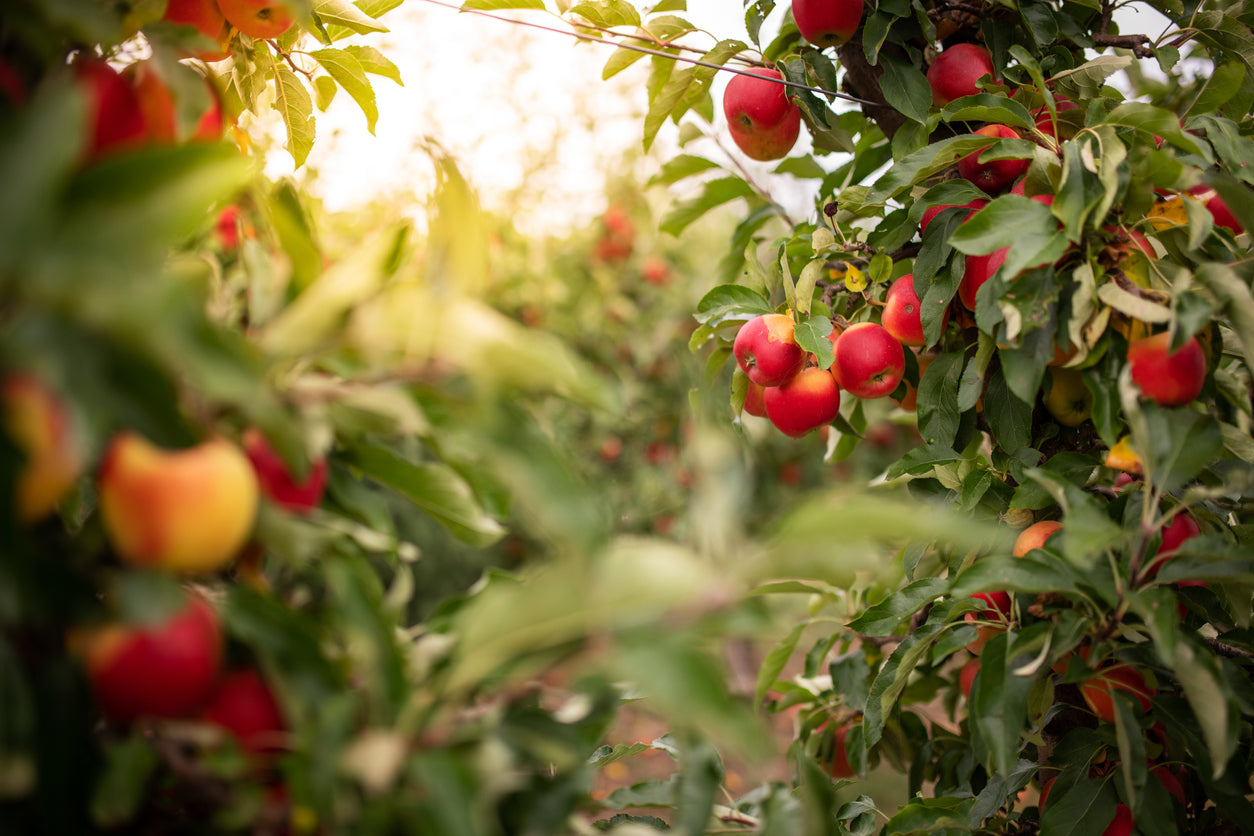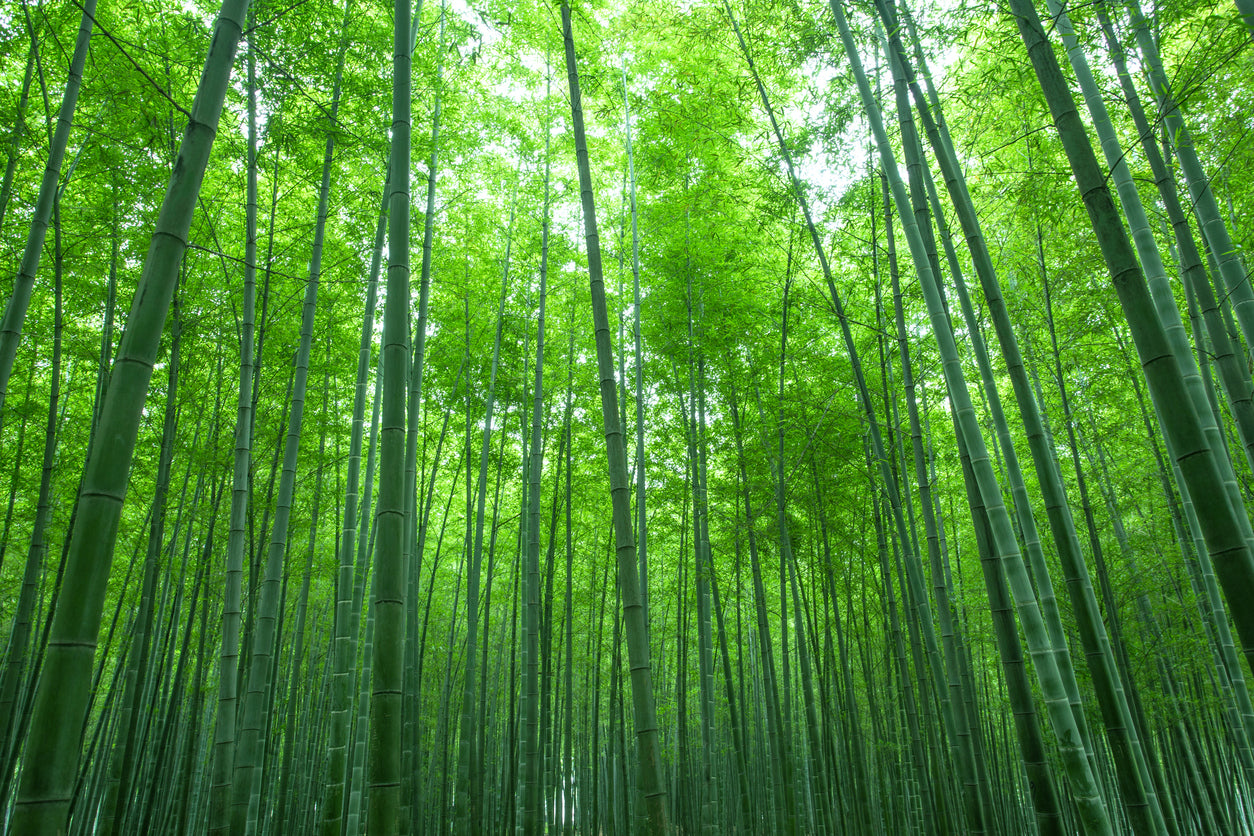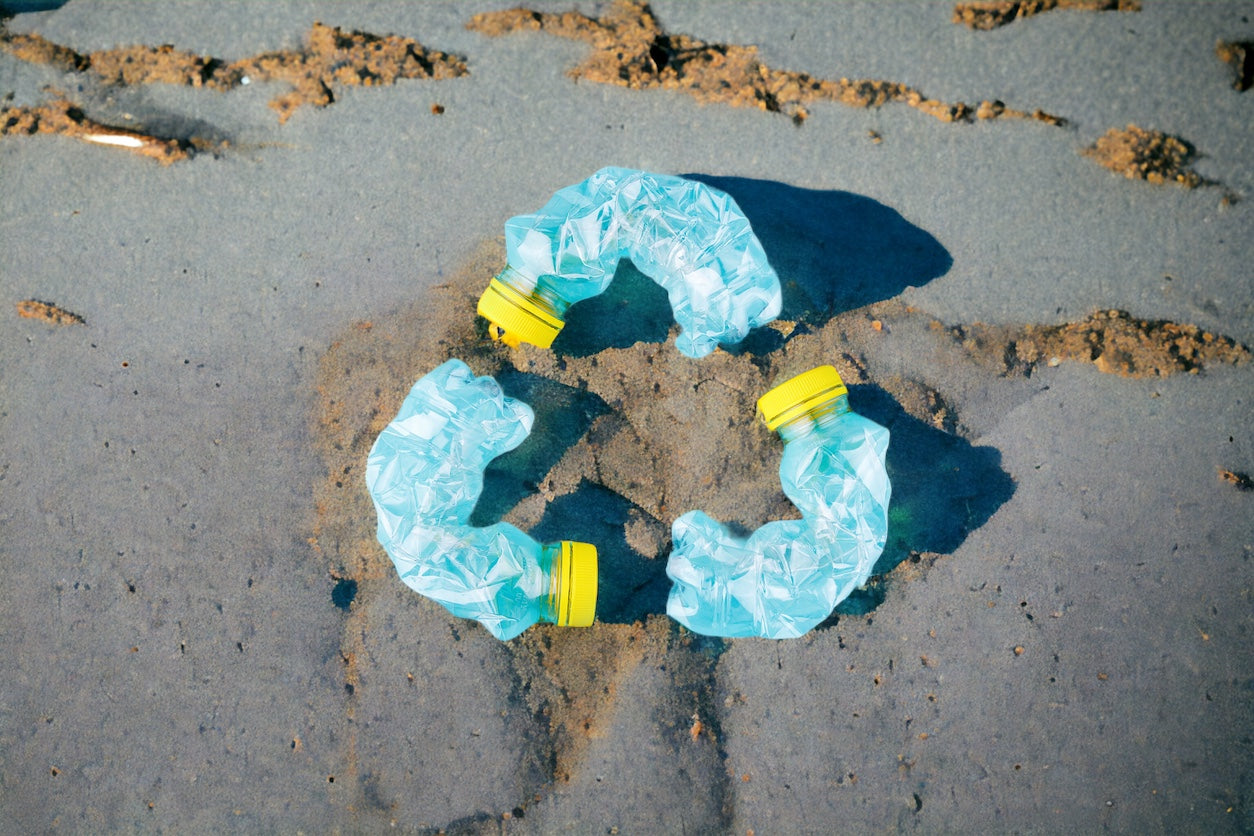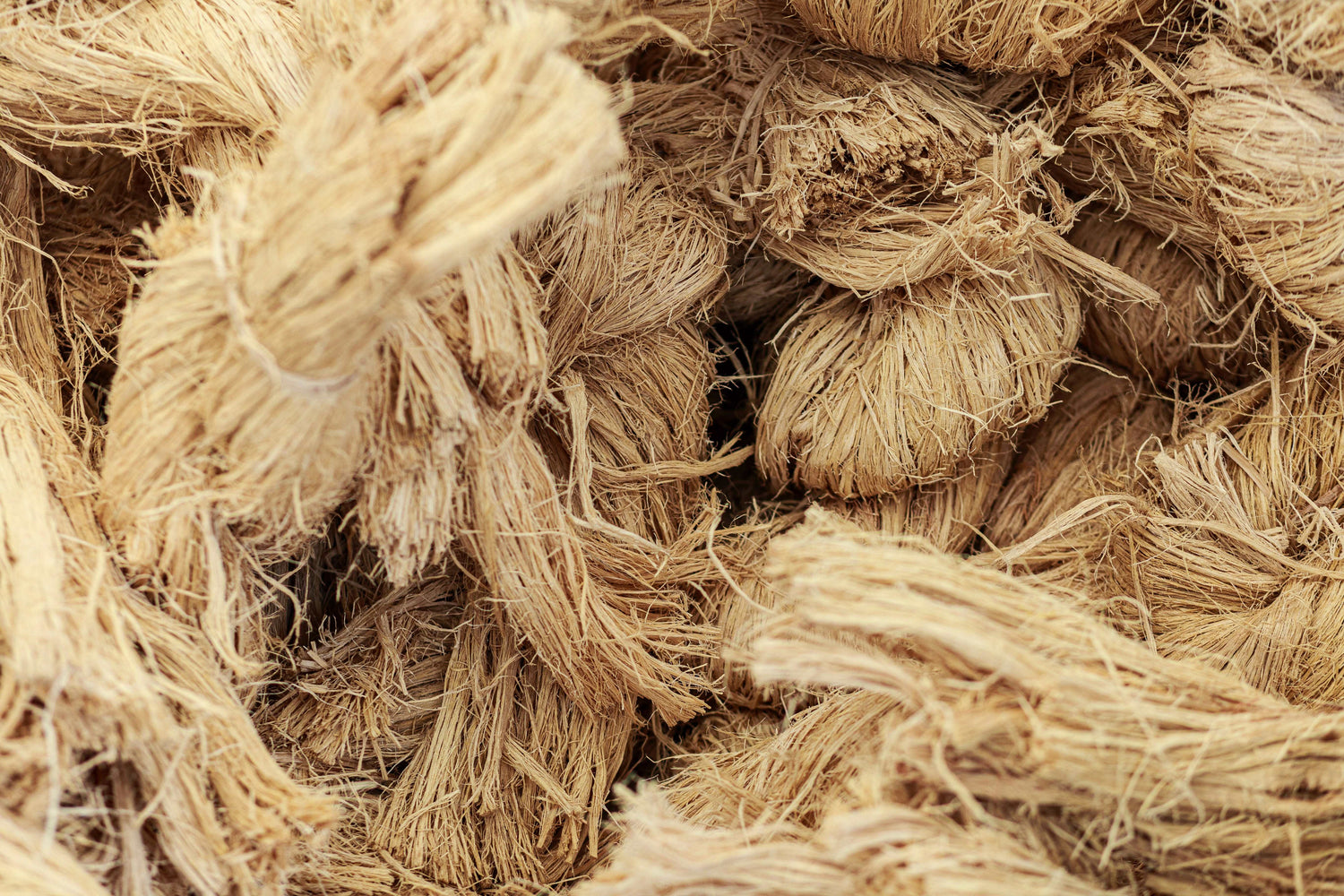Our Mission

No. 49 is committed to help free our planet from plastic pollution and preventing it from entering the sea and ocean. For every No. 49 Handbag sold, 2 pounds of plastic will be collected. We care about this planet and use sustainable vegan materials such as apple leather, bamboo leather, raffia, recycled cotton, recycled polyurethane.
Secondly, we want to end animal exploitation. Animals deserve to be treated with compassion and respect, and we will only choose cruelty-free materials. In addition, by opting for vegan fabrics over animal leather production, we significantly reduce our carbon footprint, conserving energy, and resources.
We have opted for carbon neutral shipping on all orders by donating a portion of sales to Mast Reforestation which helps land owners restore forest land after wildfires and reforest areas that are challenged to recover after severe burns; and Grass Roots Carbon which assists Ranchers across the United States restore carbon to their soil.
Together, with the support of our customers, our ultimate goal is to drive significant change in helping to restore ocean health, reduce carbon emissions and combat the climate crisis. At No. 49, we believe every small action can contribute to a more significant movement toward a more sustainable and compassionate future. When it comes to fashion, the choices we make matter.
PETA-Approved Vegan
Global Recycled Standard Certificate (GRS)
Our Suppliers Follow Higg- Femm Sustainable Apparel Coalition
Sedex Members Ethical Trade Audit (SMETA)

Apple Leather
Apple Leather is made from the apples of Northern Italy. The apples are juiced, but instead of letting their peels and pomace go to waste, the cellulose pulp is upcycled and ground into a fine powder. The powder is mixed with harmless, non-toxic, organic pigment and transforms into Bio-based leather. Apple leather is typically made from apple industry waste, such as apple peels and cores, which would otherwise be discarded as by-products. Utilizing these waste materials reduces overall waste and promotes a circular economy. The repurposing of the apple skin prevents their decomposition, thereby averting the harmful release of methane into the ecosystem. Apple leather also requires fewer resources compared to traditional leather production. The apple leather making process consumes less water, energy, and chemicals compared to traditional leather tanning, which often involves toxic substances and extensive water usage. Apple leather is generally biodegradable and compostable, meaning it can naturally break down over time without contributing to long-term waste. This reduces the amount of non-biodegradable waste that ends up in landfills and oceans.

Bamboo Leather
Bamboo is a remarkable plant that thrives in a wide range of climates, from the lush tropics to the vibrant temperate regions. Its natural habitat spans across continents, including Asia, South America, Australia, Africa, and even parts of North America. What sets bamboo apart is its exceptional cultivation process. Unlike many crops, bamboo requires no pesticides or fertilizers and demonstrates an astounding ability to thrive with minimal water usage. Not only does this make bamboo a sustainable choice, but it also helps preserve our precious natural resources. Bamboo also plays an essential role in combating climate change. It has the extraordinary ability to absorb more carbon dioxide than other trees, making it a powerful ally in the fight against greenhouse gas emissions. As a rapidly growing plant, bamboo stands out as one of our planet's most renewable raw materials. Bamboo leather is made by breaking down bamboo's cellulose fibers and combining them with a natural resin, resulting in a remarkable material that is both sleek and strong. It mimics many qualities of traditional animal leather but is more durable and breathable. It also possesses unique antimicrobial properties.

Recycled Polyurethane (PU)
Recycled Polyurethane (PU) helps reduce waste by utilizing recycled materials. PU leather is typically made by recycling old or discarded materials, such as scraps from the production of other PU products or post-consumer waste, including plastic bottles and fishing nets. By repurposing these materials, it helps divert them from landfills or incineration, leading to a reduction in overall waste. The production of recycled PU leather requires fewer resources compared to virgin PU leather or traditional leather production. The process involves melting down the recycled PU materials and pressing them into a new leather-like material, which generally consumes less energy, water, and chemicals compared to the production of conventional leather. Recycled PU leather also has the advantage of being potentially more durable than traditional leather. It can offer similar qualities in terms of appearance, texture, and functionality while being resistant to cracking, peeling, and fading. This durability can extend the lifespan of products made with recycled PU leather, reducing the need for frequent replacements, and resulting in less waste over time.

Raffia
Raffia is a natural plant fiber derived from the leaves of the raffia palm tree (Raphia genus), which grows in tropical regions. Being a natural material, it is generally biodegradable and does not contribute to long-lasting environmental pollution. Raffia palm trees are also known for their rapid growth and regenerative properties. They can reach maturity in just a few years and continue to produce leaves for many years afterwards. This makes raffia a renewable resource, as the trees can be harvested sustainably without causing permanent damage to the environment. Raffia requires minimal energy and water compared to synthetic materials. The traditional methods of extracting raffia fibers often involve manual processes with minimal reliance on machinery. This reduces the energy footprint and can have less impact on the overall carbon emissions. Raffia is also highly durable with a long lifespan, reducing the need for frequent product replacements.

Your purchase removes 2 lb of plastic waste from the environment.
